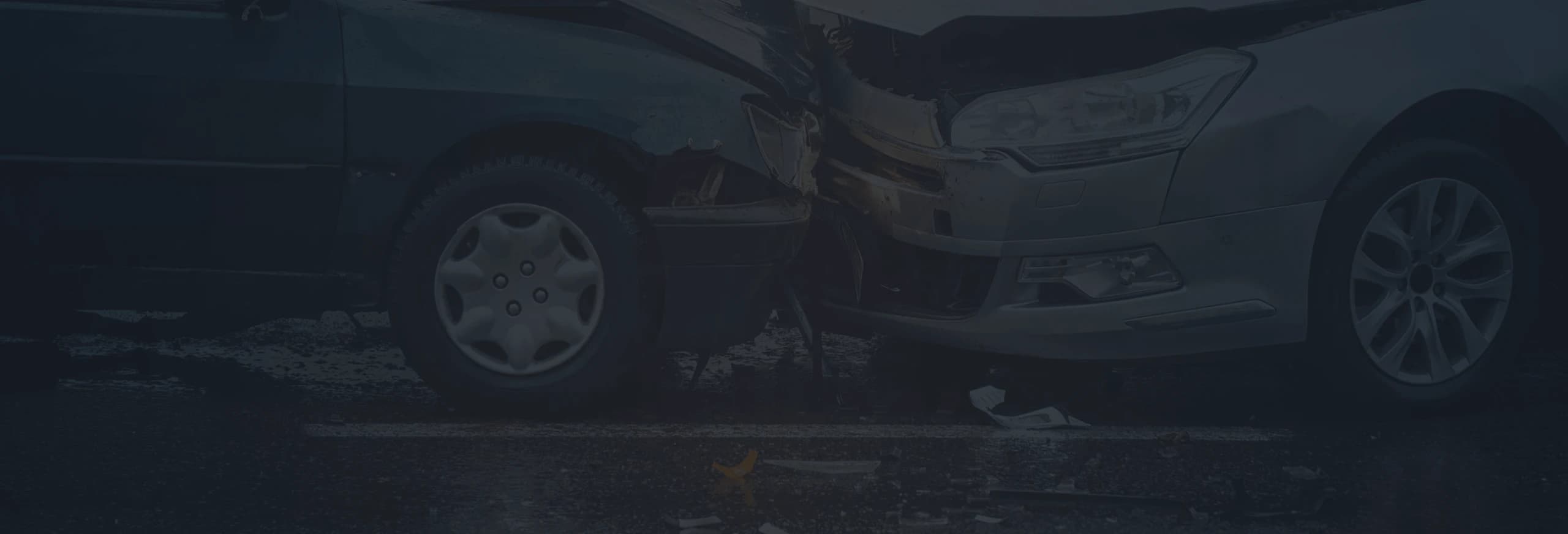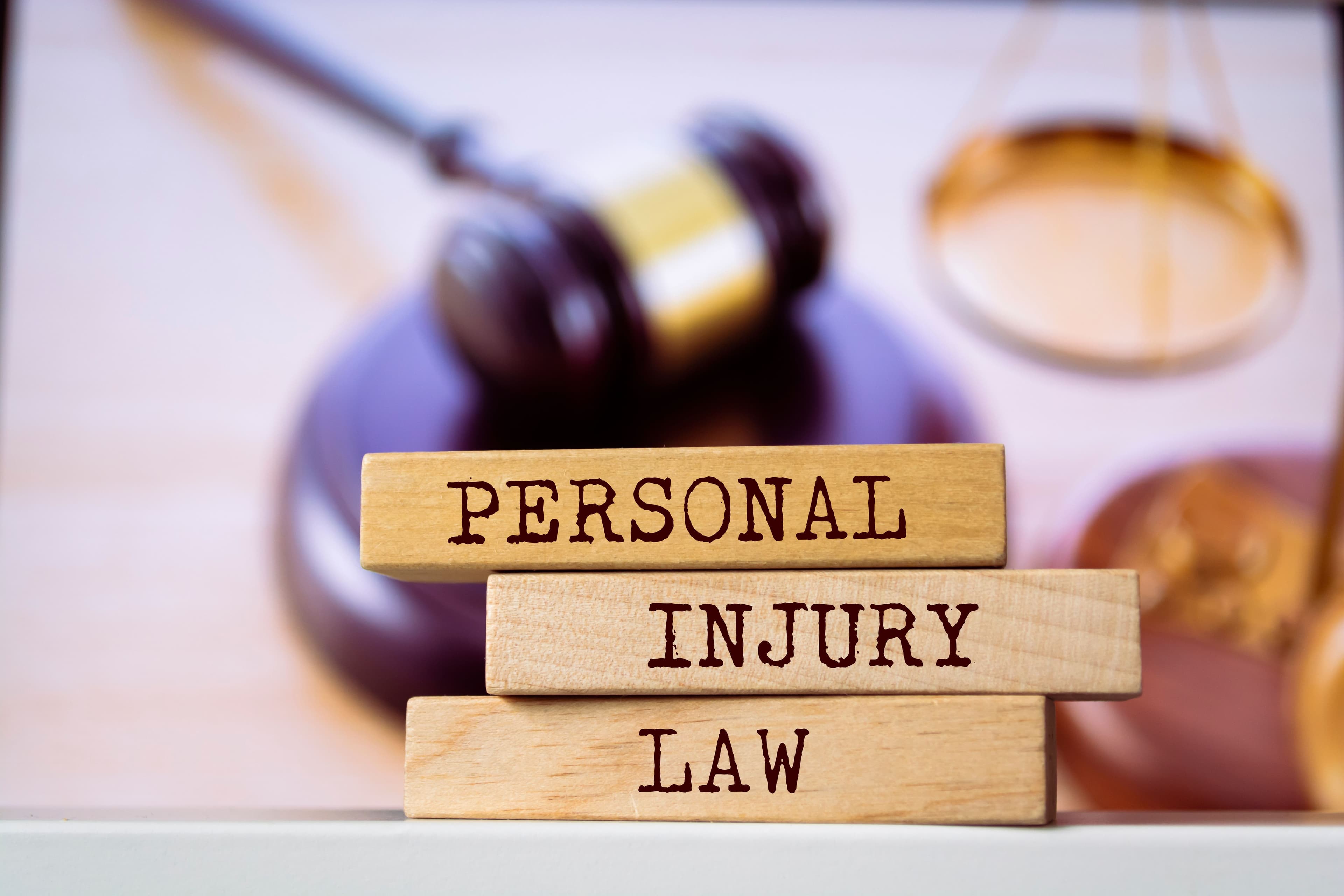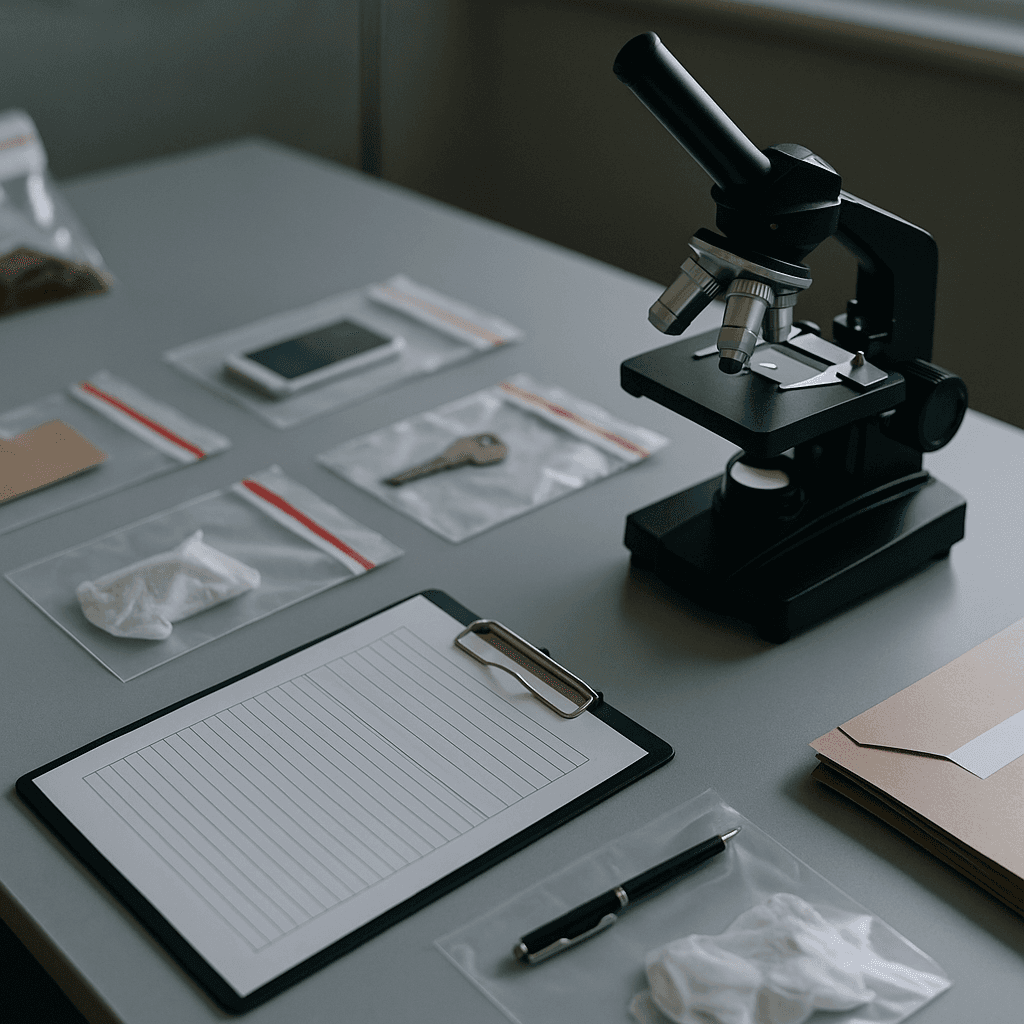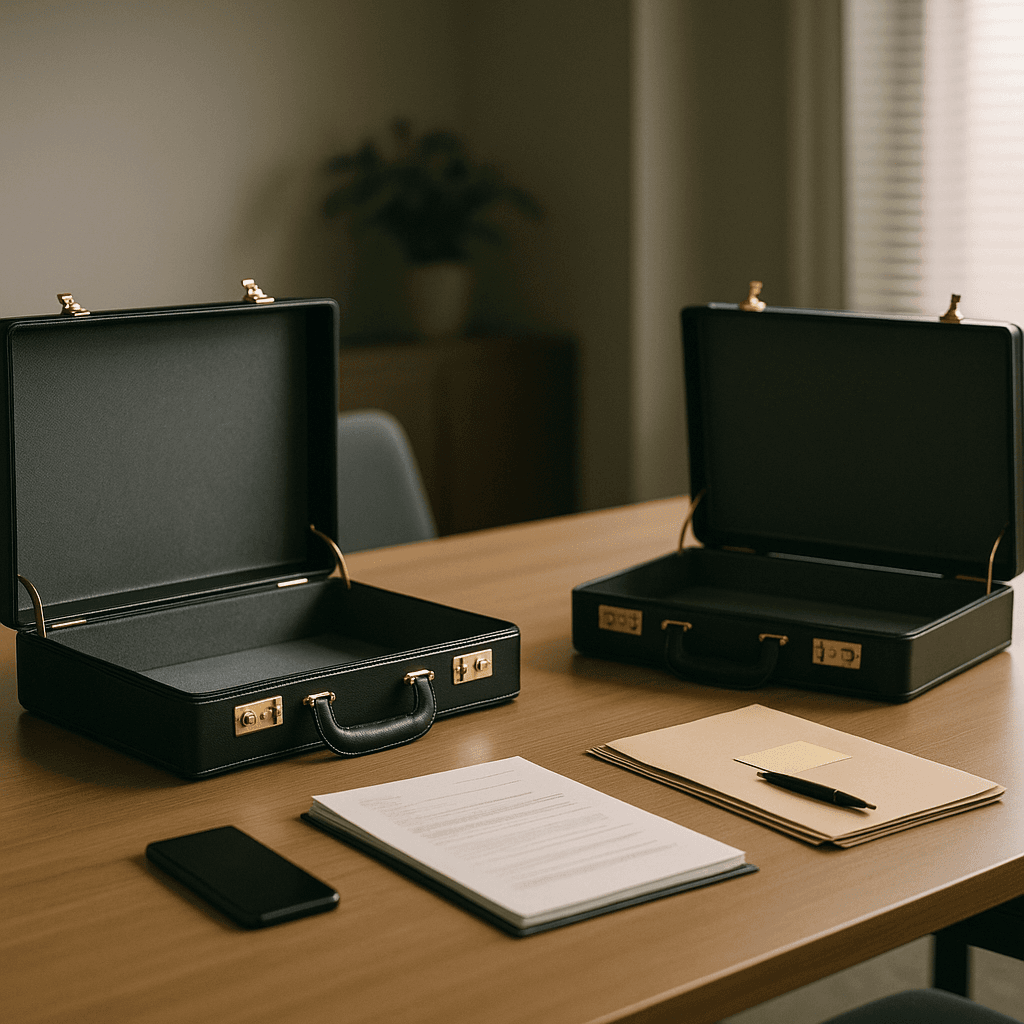
From Hospital to Courtroom: The Journey With a Personal Injury Lawyer

Maybe you’ve been in a motor vehicle accident, suffered a slip-and-fall accident at the store, or a neighbor’s dog bit you while enjoying your morning exercise routine. Whatever the case, you’re injured, and you want compensation. The trouble is that you don’t even know where to begin.
Below, you’ll discover how the legal journey with a personal injury lawyer works from start to finish.
The Personal Injury Legal Process Explained
The aftermath of an accident is a confusing time for many. You’re in pain, possibly out of work, and unsure where to turn next. This easy-to-follow guide was made for accident victims like you.
Here’s what to expect throughout the legal process, starting from your initial medical treatment to recovering your damages with a court judgment.
Medical Treatment
If you were seriously injured in an accident, you probably went straight to the hospital. But what if you walked away from a premises liability accident with nothing but a few bumps and bruises? Should you still seek medical treatment?
Yes, without a doubt. Shock and adrenaline make it difficult to tell how hurt you really are. Shortly after the accident, you might realize you’re in major pain. You may have broken bones, nerve damage, a spinal injury, or even brain damage.
Seeing a doctor is also a must if you want the fairest compensation for your injuries. Doing so establishes that your injuries happened because of the accident, which means the insurance company can’t argue otherwise.
Hiring a Personal Injury Lawyer
After leaving the hospital, the next thing you’ll want to do is call a personal injury attorney. Many personal injury lawyers offer no-cost initial consultations, so feel free to shop around. Ask questions about the strength of your case, your damages, and their legal fees. Additionally, ask how personal injury lawyers handle your claim at the attorney’s firm.
Inquire whether the lawyer has handled similar cases before. If you’ve had a bike accident, for example, you wouldn’t want to work with a truck accident lawyer who has no familiarity with cases like yours.
Investigations
If you choose to move forward with the lawyer, they’ll start building your case and conducting an investigation to prove that the at-fault party acted negligently. They will interview witnesses, look over the police report, take pictures of the accident location, and review your treatment records.
If you’ve been in a car accident, the lawyer might hire an accident reconstructionist to recreate the collision using special analysis software. This recreation allows your lawyer to understand how the accident happened.
Sending a Demand Letter
After reviewing the evidence, your personal injury lawyer sends a demand letter to the at-fault party. This letter discusses the facts of your case, the at-fault party’s liability, and your damages, which may include:
- Medical expenses, current and anticipated
- Lost wages
- Property damage
- Pain and suffering, mental anguish, and other non-economic damages
Settlement Offer
The at-fault party’s insurance company may send you a settlement offer after reviewing the demand letter. Usually, the offer will be too low to cover all of your damages. Insurance companies are businesses, not charities, and they don’t want to pay out a penny more than they absolutely must.
If you’re happy with the offer, you’re free to accept it, but remember that you’re not obligated to do so.
Negotiations
If you don’t like the amount the insurance company is offering, your lawyer can negotiate for more. It can take several rounds of negotiations before settling on an amount that you’re satisfied with.
Filing a Civil Claim
If the insurance company still won’t offer a fair amount or doesn’t want to settle at all, you’ll have no choice but to go to court. Sometimes, your personal injury lawyer might recommend going to court right off the bat if your case is very strong. This is because your court judgment may be higher than any amount the insurance company would offer.
If you plan to file a civil claim, you’ll have to do so within your state’s statute of limitations. This is usually two years but could be anywhere from one to three years depending on where you live.
Discovery Process
After filing your lawsuit claim, the discovery phase begins. Your accident injury lawyer will investigate the defendant’s side of the story, and their lawyer will learn yours as well. Both lawyers will interview witnesses for each side, compile evidence, and review relevant documents.
Settlement Negotiations and Mediation
Depending on how the discovery phase goes, the at-fault party might choose to offer a settlement instead of proceeding to a trial. This commonly happens if the at-fault party thinks they don’t stand a chance in court.
This process often involves meeting with a mediator, a neutral third party who talks with both sides and helps them come to a mutually agreeable decision.
Court Trial
If you cannot reach a settlement agreement in mediation, your case goes to trial. This involves a pre-trial conference with attorneys and the judge. After the conference comes jury selection.
When the trial begins, both lawyers will present evidence and witness testimony to the jury. The jury then reviews the evidence and makes a decision.
Post-Judgment Collection
If the jury decides in your favor, the defendant will have to cut you a check for the judgment amount. Should the defendant not pay, the court can garnish their bank account or wages.
Settling Liens and Finalizing Legal Expenses
If there’s a medical lien on your settlement, your lawyer will have to pay what you owe before giving you your check. Your lawyer also takes their fee out of your settlement.
Appeals
Either party can file an appeal after the trial ends if they don’t like the decision. However, appeals cost a lot of money and can drag on for years. Before filing an appeal, ask your lawyer if doing so would be a good choice.
Contact our team today so we can fight to help you get the compensation you deserve.
Accident Hotline Connects You With the Right Injury Attorney
Looking for “personal injury lawyers near me?” Accident Hotline can connect you with the right personal injury attorney in your area. For a free consultation, contact us 24/7 at CKtel:
Maybe you’ve been in a motor vehicle accident, suffered a slip-and-fall accident at the store, or a neighbor’s dog bit you while enjoying your morning exercise routine. Whatever the case, you’re injured, and you want compensation. The trouble is that you don’t even know where to begin.
Below, you’ll discover how the legal journey with a personal injury lawyer works from start to finish.
The Personal Injury Legal Process Explained
The aftermath of an accident is a confusing time for many. You’re in pain, possibly out of work, and unsure where to turn next. This easy-to-follow guide was made for accident victims like you.
Here’s what to expect throughout the legal process, starting from your initial medical treatment to recovering your damages with a court judgment.
Medical Treatment
If you were seriously injured in an accident, you probably went straight to the hospital. But what if you walked away from a premises liability accident with nothing but a few bumps and bruises? Should you still seek medical treatment?
Yes, without a doubt. Shock and adrenaline make it difficult to tell how hurt you really are. Shortly after the accident, you might realize you’re in major pain. You may have broken bones, nerve damage, a spinal injury, or even brain damage.
Seeing a doctor is also a must if you want the fairest compensation for your injuries. Doing so establishes that your injuries happened because of the accident, which means the insurance company can’t argue otherwise.
Hiring a Personal Injury Lawyer
After leaving the hospital, the next thing you’ll want to do is call a personal injury attorney. Many personal injury lawyers offer no-cost initial consultations, so feel free to shop around. Ask questions about the strength of your case, your damages, and their legal fees. Additionally, ask how personal injury lawyers handle your claim at the attorney’s firm.
Inquire whether the lawyer has handled similar cases before. If you’ve had a bike accident, for example, you wouldn’t want to work with a truck accident lawyer who has no familiarity with cases like yours.
Investigations
If you choose to move forward with the lawyer, they’ll start building your case and conducting an investigation to prove that the at-fault party acted negligently. They will interview witnesses, look over the police report, take pictures of the accident location, and review your treatment records.
If you’ve been in a car accident, the lawyer might hire an accident reconstructionist to recreate the collision using special analysis software. This recreation allows your lawyer to understand how the accident happened.
Sending a Demand Letter
After reviewing the evidence, your personal injury lawyer sends a demand letter to the at-fault party. This letter discusses the facts of your case, the at-fault party’s liability, and your damages, which may include:
- Medical expenses, current and anticipated
- Lost wages
- Property damage
- Pain and suffering, mental anguish, and other non-economic damages
Settlement Offer
The at-fault party’s insurance company may send you a settlement offer after reviewing the demand letter. Usually, the offer will be too low to cover all of your damages. Insurance companies are businesses, not charities, and they don’t want to pay out a penny more than they absolutely must.
If you’re happy with the offer, you’re free to accept it, but remember that you’re not obligated to do so.
Negotiations
If you don’t like the amount the insurance company is offering, your lawyer can negotiate for more. It can take several rounds of negotiations before settling on an amount that you’re satisfied with.
Filing a Civil Claim
If the insurance company still won’t offer a fair amount or doesn’t want to settle at all, you’ll have no choice but to go to court. Sometimes, your personal injury lawyer might recommend going to court right off the bat if your case is very strong. This is because your court judgment may be higher than any amount the insurance company would offer.
If you plan to file a civil claim, you’ll have to do so within your state’s statute of limitations. This is usually two years but could be anywhere from one to three years depending on where you live.
Discovery Process
After filing your lawsuit claim, the discovery phase begins. Your accident injury lawyer will investigate the defendant’s side of the story, and their lawyer will learn yours as well. Both lawyers will interview witnesses for each side, compile evidence, and review relevant documents.
Settlement Negotiations and Mediation
Depending on how the discovery phase goes, the at-fault party might choose to offer a settlement instead of proceeding to a trial. This commonly happens if the at-fault party thinks they don’t stand a chance in court.
This process often involves meeting with a mediator, a neutral third party who talks with both sides and helps them come to a mutually agreeable decision.
Court Trial
If you cannot reach a settlement agreement in mediation, your case goes to trial. This involves a pre-trial conference with attorneys and the judge. After the conference comes jury selection.
When the trial begins, both lawyers will present evidence and witness testimony to the jury. The jury then reviews the evidence and makes a decision.
Post-Judgment Collection
If the jury decides in your favor, the defendant will have to cut you a check for the judgment amount. Should the defendant not pay, the court can garnish their bank account or wages.
Settling Liens and Finalizing Legal Expenses
If there’s a medical lien on your settlement, your lawyer will have to pay what you owe before giving you your check. Your lawyer also takes their fee out of your settlement.
Appeals
Either party can file an appeal after the trial ends if they don’t like the decision. However, appeals cost a lot of money and can drag on for years. Before filing an appeal, ask your lawyer if doing so would be a good choice.
Free Consultation 24/7, call (844) 343-9609
Accident Hotline Connects You With the Right Injury Attorney
Looking for “personal injury lawyers near me?” Accident Hotline can connect you with the right personal injury attorney in your area. For a free consultation, contact us 24/7 at (844) 343-9609.
For a free consultation, call (844) 343-9609
Blog Posts:

The Role of Expert Witnesses in Injury Litigation
Why Expert Witnesses Matter in Personal Injury Cases In personal injury litigation, facts alone are often not enough. While evidence like medical records, photographs, and witness statements paint part of the picture, juries and insurance companies frequently need context and explanation to understand the full scope of an injury and its impact. This is where expert witnesses play a pivotal role. Expert witnesses are professionals—often doctors, engineers, economists, or accident reconstruction specialists—who provide testimony based on their specialized knowledge. Their objective is not to advocate for one side but to clarify complex issues that require professional interpretation. In many cases, their opinions help bridge the gap between evidence and understanding, making them critical to achieving fair compensation.

How Insurance Companies Evaluate Injury Claims
How the Evaluation Process Really Works When you file a personal injury claim, the insurance company begins a process that is anything but simple. Behind every offer or denial, there's a calculated evaluation designed to protect their bottom line. Insurers use data-driven methods, past claim outcomes, and internal guidelines to assess how much—if anything—they believe your case is worth. The goal of the insurance adjuster is straightforward: to settle your claim for as little as possible while closing the file quickly. They'll review your medical records, accident details, and even statements you've made to determine liability and damages. The more organized and detailed your claim presentation, the harder it is for them to undervalue it.

The Dangers of Handling a Personal Injury Case Without Legal Help
Understanding What's at Stake After an accident, it's natural to want to resolve things quickly. Medical bills begin piling up, your work may be disrupted, and insurance adjusters often seem eager to "help." Many people believe they can handle their personal injury claim on their own—especially if the situation seems straightforward. But personal injury law is complex, and even minor missteps can lead to significant financial loss. Without professional guidance, you may underestimate your claim's value, miss critical deadlines, or make statements that insurers later use against you. The legal process is designed to protect both sides, and insurance companies have experienced professionals working to limit payouts. Without an equally skilled advocate on your side, you're at a clear disadvantage. That's why consulting a personal injury lawyer early in the process is often the difference between fair compensation and a costly mistake.

When Should You Switch to a Different Injury Lawyer?
Knowing When It's Time for a Change Choosing the right attorney after an accident is one of the most important decisions you'll make in your recovery journey. However, not every lawyer-client relationship is a perfect fit. Sometimes, despite your best efforts, you may realize that your current representation isn't meeting your expectations. Whether it's poor communication, lack of progress, or a sense that your case isn't being handled effectively, recognizing when to switch attorneys can make all the difference in the outcome of your claim. Switching to a new personal injury lawyer doesn't mean starting over from scratch—it means taking control of your case and ensuring it receives the attention and effort it deserves. Understanding what to expect from your legal representation can help you identify the warning signs that it might be time for a change.
Get an agent on the line in seconds
Responsive
Legal Assistance
Our personal injury attorneys advocate for the funds necessary to cover bills, secure medical treatment, recoup lost wages, and provide compensation for your pain and suffering.
Are you facing unfair treatment from the insurance company?
Do you know the value of your case?
Is the insurance company asserting that the accident is your responsibility?

We'll get back to you ASAP.
Get Your Free Consultation
You Pay Nothing Unless We Recover Compensation For You
